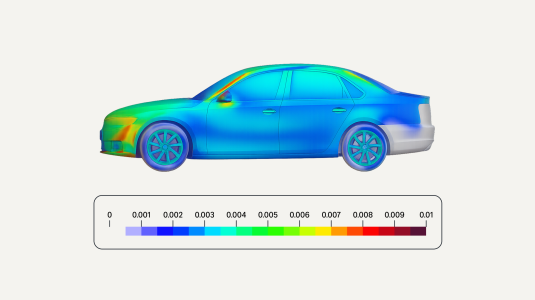Customer-obsessed science


Research areas
-
September 26, 20259 min readTo transform scientific domains, foundation models will require physical-constraint satisfaction, uncertainty quantification, and specialized forecasting techniques that overcome data scarcity while maintaining scientific rigor.
-
-
September 2, 20253 min read
-
-
August 21, 20257 min read
Featured news
-
Topic knowledge based controlled generation for long documents using retrieval-based language modelsFSDM 20232023Current LLM summarization systems Produce broad overviews which are disconnected from people specific interests and expectations. Basically, people preferences (topics) can be expressed by a collection of semantic keywords. Previous work exploit these keywords as extra input to generate summary. That requires additional human annotations. To tackle these constraints, we propose a novel framework, Topic
-
NeurIPS 2023 Workshop on Efficient Natural Language and Speech Processing (ENLSP)2023Deep neural networks (DNNs) have improved NLP tasks significantly, but training and maintaining such networks could be costly. Model compression techniques, such as, knowledge distillation (KD), have been proposed to address the issue; however, the compression process could be lossy. Motivated by this, our work investigates how a distilled student model differs from its teacher, if the distillation process
-
CIKM 2023 Workshop Personalized Generative AI2023Personalization, the ability to tailor a system to individual users, is an essential factor in user experience with natural language process- ing (NLP) systems. With the emergence of Large Language Models (LLMs), a key question is how to leverage these models to better personalize user experiences. To personalize a language model’s output, a straightforward approach is to incorporate past user data into
-
NeurIPS 2023 Workshop on SyntheticData4ML2023We present CALICO, a method to fine-tune Large Language Models (LLMs) to localize conversational agent training data from one language to another. For slots (named entities), CALICO supports three operations: verbatim copy, literal translation, and localization, i.e. generating slot values more appropriate in the target language, such as city and airport names located in countries where the language is
-
NeurIPS 20232023In recent years, multi-objective optimization (MOO) emerges as a foundational problem underpinning many multi-agent multi-task learning applications. However, existing algorithms in MOO literature remain limited to centralized learning settings, which do not satisfy the distributed nature and data privacy needs of such multi-agent multi-task learning applications. This motivates us to propose a new federated
Collaborations
View allWhether you're a faculty member or student, there are number of ways you can engage with Amazon.
View all














































